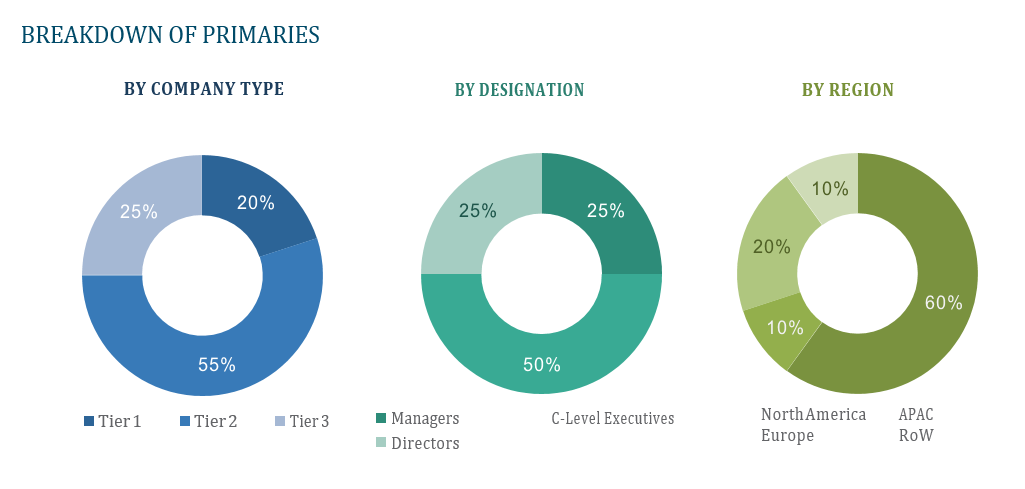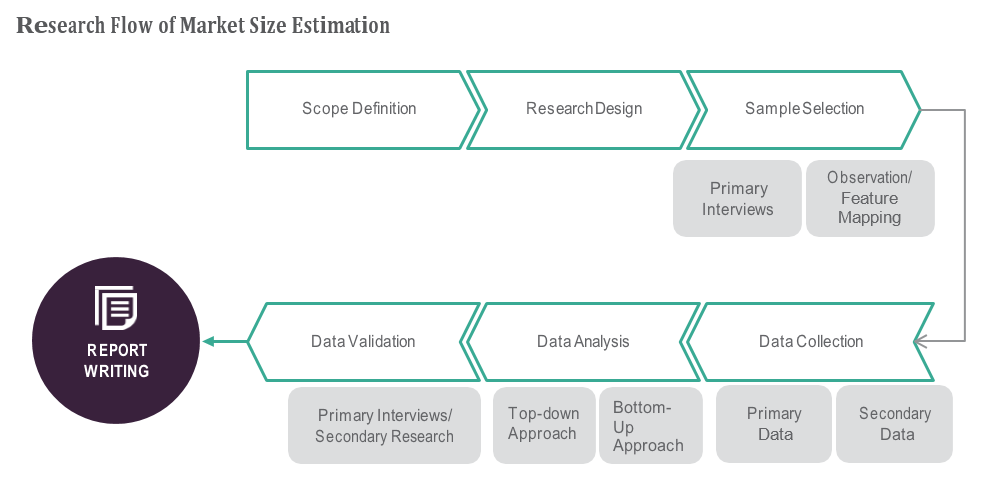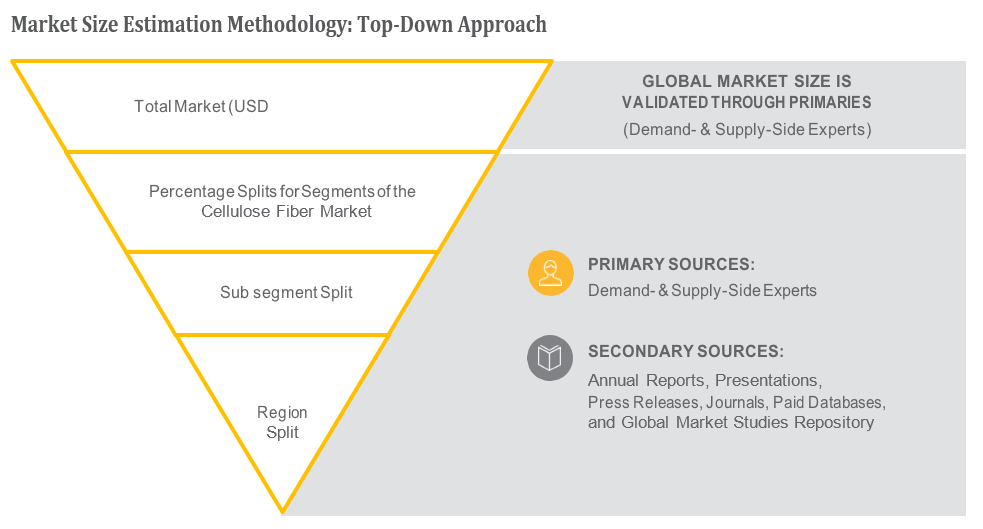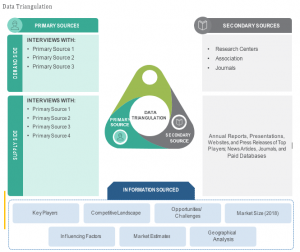OVERVIEW
Research by Global Market Studies has reported a CAGR of 6% % for the Sheet Molding Compound and Bulk Molding Compound Market, expecting to expand to a value of USD 4.72 billion by 2028.
Sheet Molding Compound (SMC) is a thermosetting resin matrix with glass or carbon fibers, fillers, and additives, suitable for automotive, aerospace, electrical enclosures, and construction industries. Bulk Molding Compound (BMC) is a similar material, produced in bulk pellets or granules, with good mechanical properties, high strength, and resistance to chemicals and temperature fluctuations. Both materials offer lightweight, customizable properties, making them popular in electrical, automotive, and industrial sectors.
SMC and BMC are widely used in the automotive, electrical, electronics, aerospace, defense, construction, and consumer goods industries for lightweight, durable components, improved fuel efficiency, and enhanced performance.
Table of Content
Market Dynamics
Drivers:
SMC and BMC are lightweight and high-strength materials that offer excellent strength-to-weight ratios, making them attractive alternatives to traditional materials like steel and aluminum. This has led to increased demand for lightweight materials in industries to improve fuel efficiency, reduce emissions, and enhance overall performance.
SMC and BMC can be molded into complex shapes, allowing manufacturers to create intricate and customized components. They are corrosion-resistant, suitable for harsh environments with exposure to chemicals and moisture. These composites also offer good electrical insulation properties, making them valuable in electrical and electronics applications. As environmental regulations focus on materials reducing energy consumption and greenhouse gas emissions, the lightweight nature of SMC and BMC contributes to energy savings during transportation and use, aligning with sustainability goals.
Opportunities:
Composite Materials (SMC and BMC) are materials made from thermosetting resin matrix, reinforcing fibers, fillers, and additives. These materials are used in various industries, such as automotive, aerospace, electrical, and construction, for their superior mechanical properties, durability, and resistance to environmental factors. Manufacturers offer customized solutions, adjusting composition, fiber content, and other parameters to meet specific application requirements. High-performance components are produced using these materials, exhibiting superior mechanical properties, durability, and resistance to environmental factors.
Manufacturing equipment, such as compression molding machines and injection molding machines, is also available. Key players in the market invest in research and development to improve performance, cost-effectiveness, and sustainability of their products. Technical support is provided to customers, assisting in optimizing the manufacturing process, troubleshooting issues, and ensuring successful integration of SMC and BMC in their applications.
Restraints:
SMC and BMC production face high material costs due to the high cost of raw materials like resins, fibers, and additives. The manufacturing process is complex, requiring precise control of parameters like fiber content, resin formulation, and curing conditions. Recycling challenges arise due to the difficulty in separating components and efficiently recycling them. Traditional materials like steel, aluminum, and plastics also have advantages, but SMC and BMC face competition from these materials, particularly in markets where cost is a primary concern. Design limitations exist, with SMC and BMC offering design flexibility but may have limitations in manufacturing highly intricate shapes or thin-walled components.
Regional Information:
North America: North America’s automotive industry heavily uses SMC and BMC for lightweight, high-strength components, driven by the region’s strong automotive sector. These composites are also used in aerospace and defense industries for structural and interior components. The electrical and electronics sector benefits from SMC and BMC’s electrical insulation properties, making them suitable for various enclosures and components. The construction industry also uses SMC and BMC for corrosion resistance in panels and building elements.
Europe: Europe is a significant market for SMC and BMC, used in various industries for lightweight and durable components. Automotive sectors use SMC for vehicle weight reduction and fuel efficiency, aerospace companies for aircraft components, and electrical equipment manufacturers for enclosures and insulators. These materials offer high strength and resistance to environmental conditions.
Asia-Pacific: The Asia-Pacific region has been witnessing substantial growth in the mice model market. Countries like China, Japan, South Korea, and India have made significant investments in research infrastructure and are becoming important hubs for biomedical research. The increasing prevalence of diseases and the emergence of the pharmaceutical and biotechnology industries in the region have contributed to the rising demand for mice models.
Recent Developments:
• February 2021- Japan-based company, Teijin, has announced plans to deploy a composite compression molding line at the firm’s automotive composites business, Benet Automotive s.r.o. The plant is based in Milovice, Czech Republic. Teijin is set to invest over USD12 million in the latest glass-fiber sheet molding compound (GF-SMC) line. The latest product line facility will be fully operational by autumn 2022, with the main target to fulfill the strong demand for the company’s composite formulations across the European market.
Key Players:
3M, Tejin, Ten Cate, Toray Industries, Jushi Groups, Owens Corning, Polynt, Exion, Huntsman, Showa Denko, Menzolit, Astar.
Frequently Asked Questions
1) What is the projected market value of the Sheet Molding Compound and Bulk Molding Compound Market?
– The Sheet Molding Compound and Bulk Molding Compound Market is expected to reach a value of USD 4.72 billion by 2028.
2) What is the estimated CAGR of the Sheet Molding Compound and Bulk Molding Compound Market over the 2023 to 2028 forecast period?
– The Sheet Molding Compound and Bulk Molding Compound Market is expected to grow at a CAGR of approximately 6% from 2023 to 2028.
3) Who are the key players in the Sheet Molding Compound and Bulk Molding Compound Market?
– 3M, Tejin, Ten Cate, Toray Industries, Jushi Groups, Owens Corning, Polynt, Exion, Huntsman, Showa Denko, Menzolit, Astar.
4) What are the drivers for the Sheet Molding Compound and Bulk Molding Compound Market?
– SMC and BMC are lightweight, high-strength materials with excellent strength-to-weight ratios, increasing demand in industries for fuel efficiency, emissions reduction, and enhanced performance.
5) What are the restraints and challenges in the Sheet Molding Compound and Bulk Molding Compound Market?
– SMC and BMC production face high material costs, complex manufacturing processes, recycling challenges, competition from traditional materials, and design limitations in manufacturing intricate shapes or thin-walled components.
6) What are the key applications and offerings of the Sheet Molding Compound and Bulk Molding Compound Market?
– SMC and BMC are widely used in the automotive, electrical, electronics, aerospace, defense, construction, and consumer goods industries for lightweight, durable components, improved fuel efficiency, and enhanced performance.
7) Which region is expected to drive the market for the forecast period?
– Asia Pacific has the highest value share in the global market and is expected to dominate shares in forecast period.
Why Choose Us?
Insights into Market Trends: Global Market Studies reports provide valuable insights into market trends, including market size, segmentation, growth drivers, and market dynamics. This information helps clients make strategic decisions, such as product development, market positioning, and marketing strategies.
Competitor Analysis: Our reports provide detailed information about competitors, including their market share, product offerings, pricing, and competitive strategies. This data can be used to inform competitive strategies and to identify opportunities for growth and expansion.
Industry Forecasts: Our reports provide industry forecasts, which will inform your business strategies, such as investment decisions, production planning, and workforce planning. These forecasts can help you to prepare for future trends and to take advantage of growth opportunities.
Access to Industry Experts: Our solutions include contributions from industry experts, including analysts, consultants, and subject matter experts. This access to expert insights can be valuable for you to understand the market.
Time and Cost Savings: Our team at Global Market Studies can save you time and reduce the cost of conducting market research by providing comprehensive and up-to-date information in a single report, avoiding the need for additional market research efforts.











